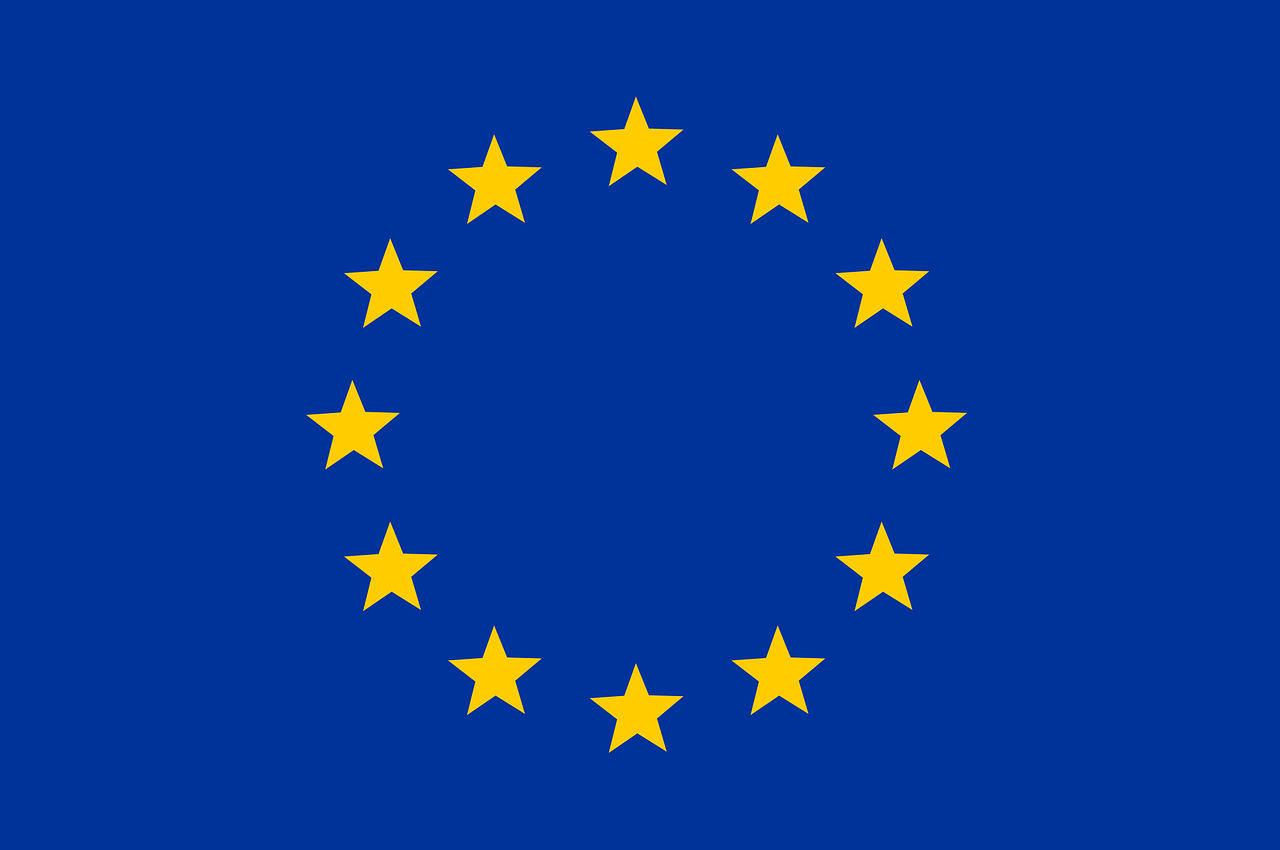
On Saturday, the European Commission’s President, Ursula von der Leyen, addressed the inaugural session of the National Consultation of Italy and declared in a resounding voice:
“Today I can say: the spirit of our founders is back. Europe is back.”
President von der Leyen, invited to speak by Giuseppe Conte, the Prime Minister of Italy, sent a powerful message to member states of the European Union: we can defeat the current crisis. In her speech, President von der Leyen praised Italy’s response to the global COVID-19 pandemic, saying that they took “bold measures” not only to limit the spread of the disease, but to secure jobs and limit the economic damage that was inevitable once the disease reached pandemic proportions. However, while the fight is continuing and the COVID-19 measures are still in place, the declaration of unity has become a defining moment in the fight against the disease.
Her declaration of European solidarity did not particularly seem like a sure thing at the height of the crisis – a call for a joint emergency fund for COVID-19 measures threatened to divide the European Union as we know it.
Back in April, as Spain and Italy were scrambling to contain the rapid spread of the disease within their borders, other members of the European community were trying to narrow down the best way to contain the catastrophe on a practical, health-care level and an overarching, economic level. Southern European countries, particularly Spain and Italy were insistent on a joint ‘Corona bonds’ fund to assist states that had been severely affected by COVID-19. This was hotly debated by northern countries like Germany, Austria, and the Netherlands.
This prompted a fierce debate, particularly from French President Emmanuel Macron, who called for European solidarity – calling out populists who he described as “all for Europe when it’s about exporting to our country… but they’re not for Europe when it comes to mutualising debt”. President von der Leyen herself had publicly apologised and admitted failure on the part of the European Union for their relatively slow response to an event that had been declared a pandemic a month earlier and an international public health emergency at the end of January.
However, despite the divisions and political infighting that April brought, the exacerbation of the disease through May and coordinated efforts by countries within the EU to combat the disease has changed the outlook. COVID-19 is no longer the potential destroyer of the European Union – it now stands as a common enemy, a call to arms for Italians, French, Spanish, German, and every nationality in between.
President von der Leyen made this very clear in her speech – while the devastation of the pandemic has been incalculable and the loss of life unforgivable – Europe persists. The European Union was forged so that the countries of Europe could depend on each other in times of crisis, and the EU has proved that founding value to not simply be idyllic fantasy. Much to the chagrin of nationalist voices and populist leaders throughout the EU, the spirit of the European Union is alive, well, and stronger having fought together against this disease. Indeed, as President von der Leyen says:
“Europe is back.”